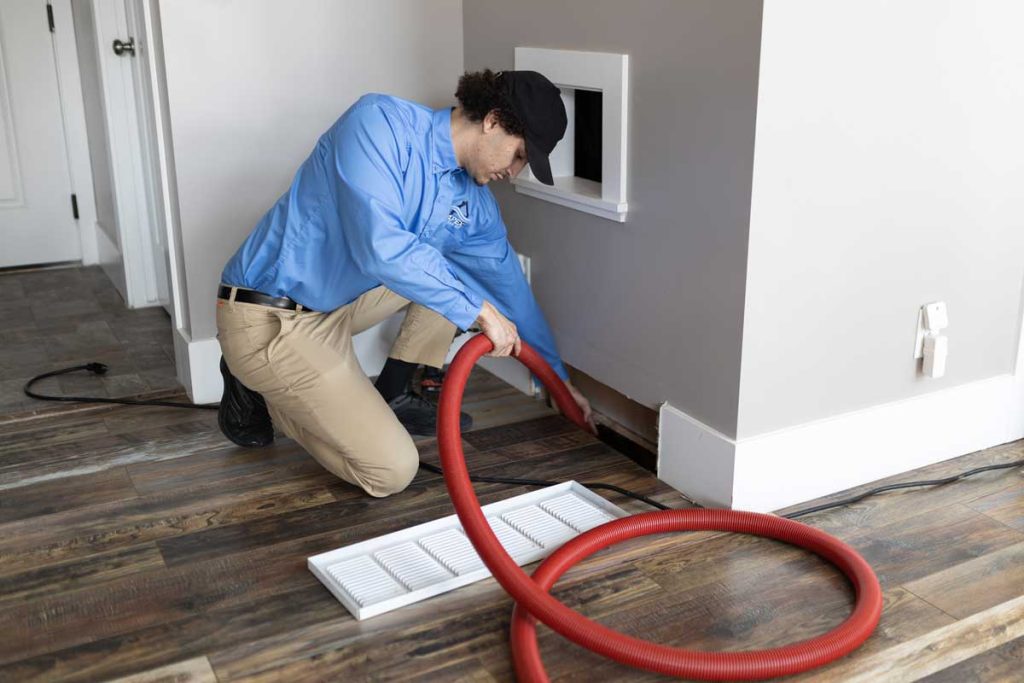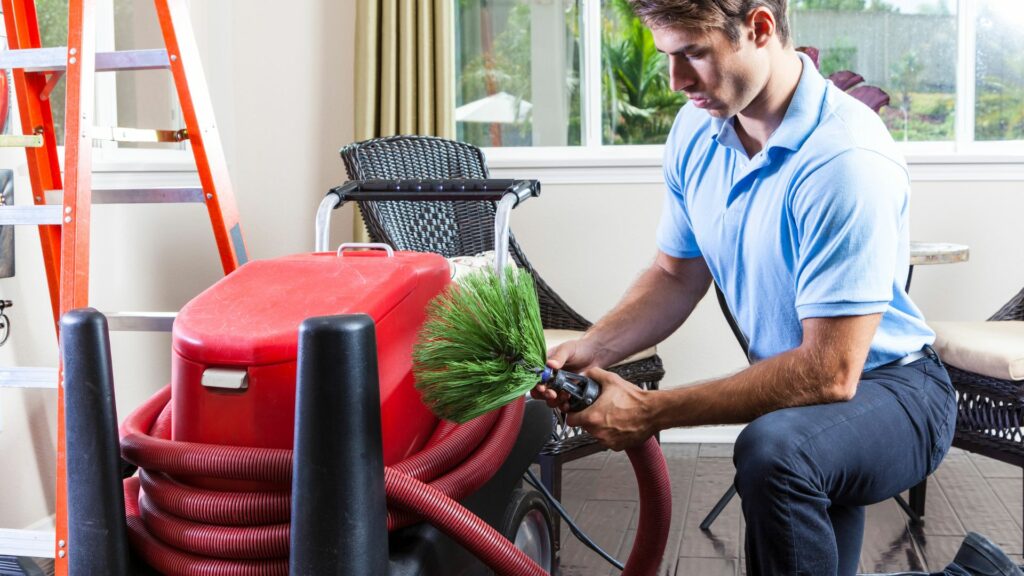Determining the age of your HVAC system is crucial for various reasons, ranging from maintenance planning to energy efficiency improvements. Knowing when your system was installed helps you gauge when it might require a replacement.
In this article, we will delve into the specifics of how to tell the age of an HVAC system, providing valuable information that homeowners and business owners alike will find beneficial.

Understanding the Importance of Knowing Your HVAC System’s Age
Why is it important to know the age of your HVAC system? Here are a few reasons:
- Energy Efficiency: Older systems tend to be less efficient.
- Maintenance Scheduling: Knowing the age helps in planning regular maintenance.
- Replacement Planning: You can anticipate when it might need replacing.
Identifying the Age of Your HVAC System
1. Check the Manufacturer’s Label
The easiest way to determine the age of your HVAC system is by locating the manufacturer’s label on the unit, which usually includes the manufacturing date or a serial number.
2. Decoding the Serial Number
If your HVAC system has a serial number, you can often decode it to determine the age. Each manufacturer has a different serial number format, so you’ll need to refer to the manufacturers guidelines.
3. Review the User Manual
The user manual that came with your HVAC system usually indicates the model and year of manufacture. If you still have the manual, it can be a quick way to find out the age.
4. Contact the Manufacturer
If you’re unable to locate the date on the HVAC unit or in the user manual, contacting the manufacturer with the serial number can often provide you with the information you need.
5. Consult with a Professional
HVAC technicians are often able to determine the age of a system simply by examining it. Hiring a professional can save you time and potential errors.
The Role of HVAC Maintenance in System Longevity
Regular maintenance plays a crucial role in extending the life of your HVAC system. Having a clear understanding of the system’s age can help you schedule timely maintenance and avoid costly repairs.
Regular Inspections
It’s recommended to have your HVAC system inspected at least once a year. Regular inspections can help identify issues early on, ensuring your system runs efficiently for a longer period.
Filter Changes
Changing the air filters regularly is essential for keeping your HVAC system running smoothly. Dirty filters can cause the system to work harder, reducing its lifespan.
Learn more about the consequences of not cleaning your ducts.
Technology Advancements in Modern HVAC Systems
Energy Efficiency Improvements
Modern HVAC systems are designed with advanced technology that significantly improves energy efficiency. These systems use less energy, thus reducing your utility bills.
Smart Thermostats
Smart thermostats allow for better control of the HVAC system’s functions. They can be programmed to adjust temperature settings automatically, further enhancing energy efficiency.
Environmental Impact
Newer HVAC systems are also designed to have a lesser impact on the environment. They use refrigerants that are less harmful to the ozone layer.
When to Consider Replacing Your HVAC System
Age of the System
Most HVAC systems have a lifespan of 10-15 years. If your system is approaching this age range, it may be time to start considering a replacement.
Rising Energy Bills
If you notice a significant increase in your energy bills, it could be a sign that your HVAC system is not running efficiently and may need to be replaced.
Frequent Repairs
Frequent breakdowns and repairs are a clear indication that your HVA C system is nearing the end of its life. Investing in a new system can save you money in the long run.
C system is nearing the end of its life. Investing in a new system can save you money in the long run.
Inefficient Heating and Cooling
If your HVAC system is struggling to maintain a consistent temperature in your home or business, it may be time for an upgrade.
Frequently Asked Questions (FAQ)
1. How can I locate the manufacturers label on my HVAC system?
The manufacturers label is usually found on the outside of the HVAC unit, often on the back or side of the unit.
2. Can I determine the age of my HVAC system by looking at the serial number?
Yes, many manufacturers encode the manufacturing date in the serial number. Refer to the manufacturers guidelines for decoding.
3. How often should I have my HVAC system serviced?
Its recommended to have your HVAC system serviced at least once a year for optimal performance.
For additional insights on maintaining your HVAC system, check out this external resource.
4. What is the average lifespan of an HVAC system?
The average lifespan of an HVAC system is between 10 and 15 years, depending on maintenance and usage.
Understanding how to tell the age of your HVAC system and keeping it well-maintained not only prolongs its lifespan but also ensures better energy efficiency and comfort for your home or business.
For more insights or professional guidance on your HVAC system, please visit how to flush HVAC system.